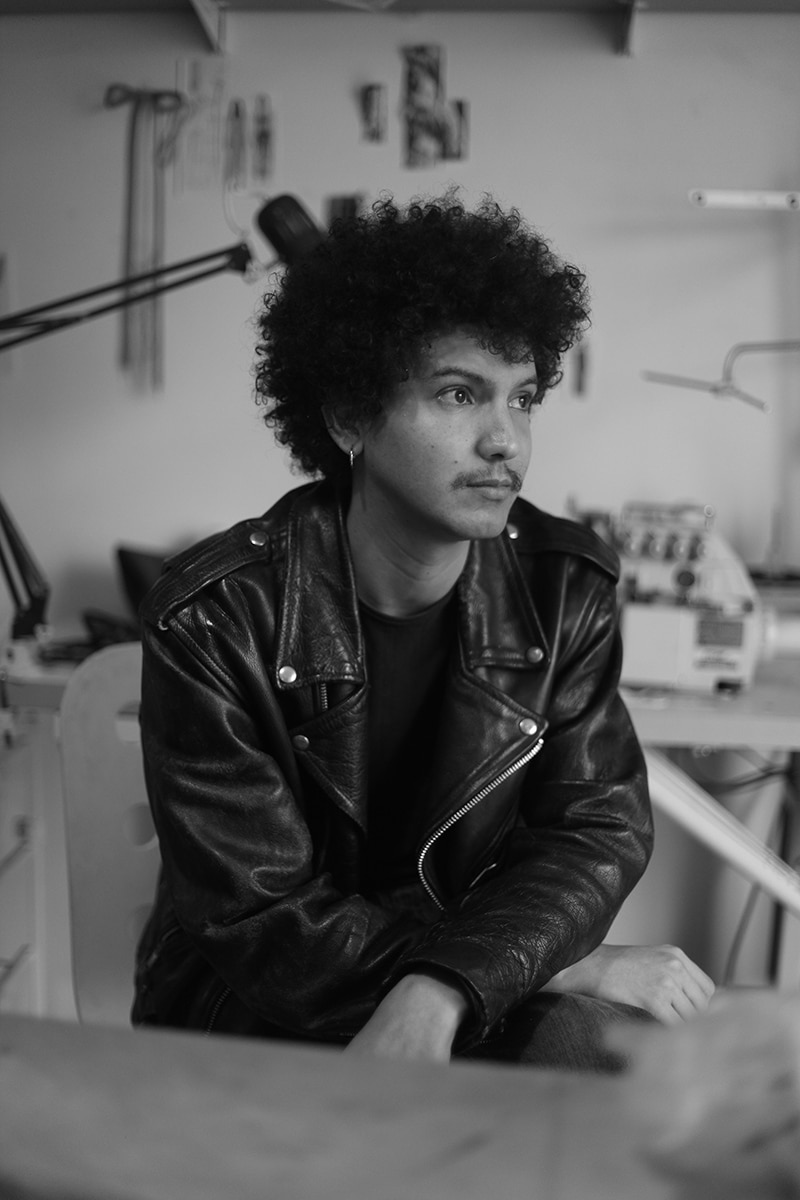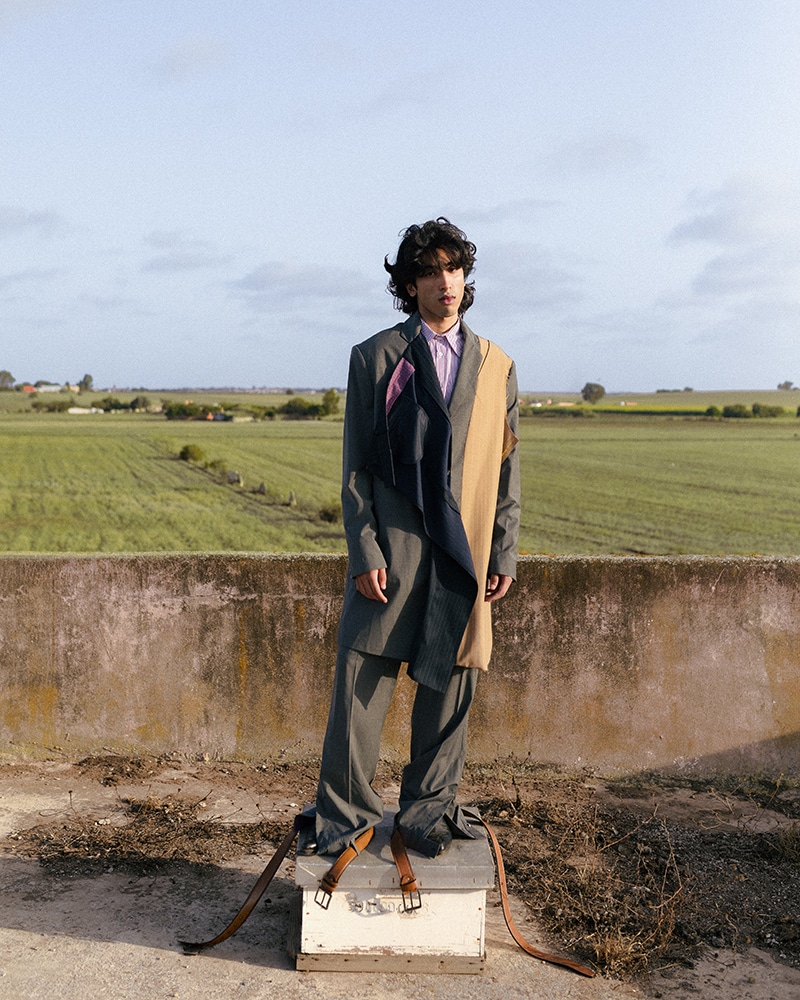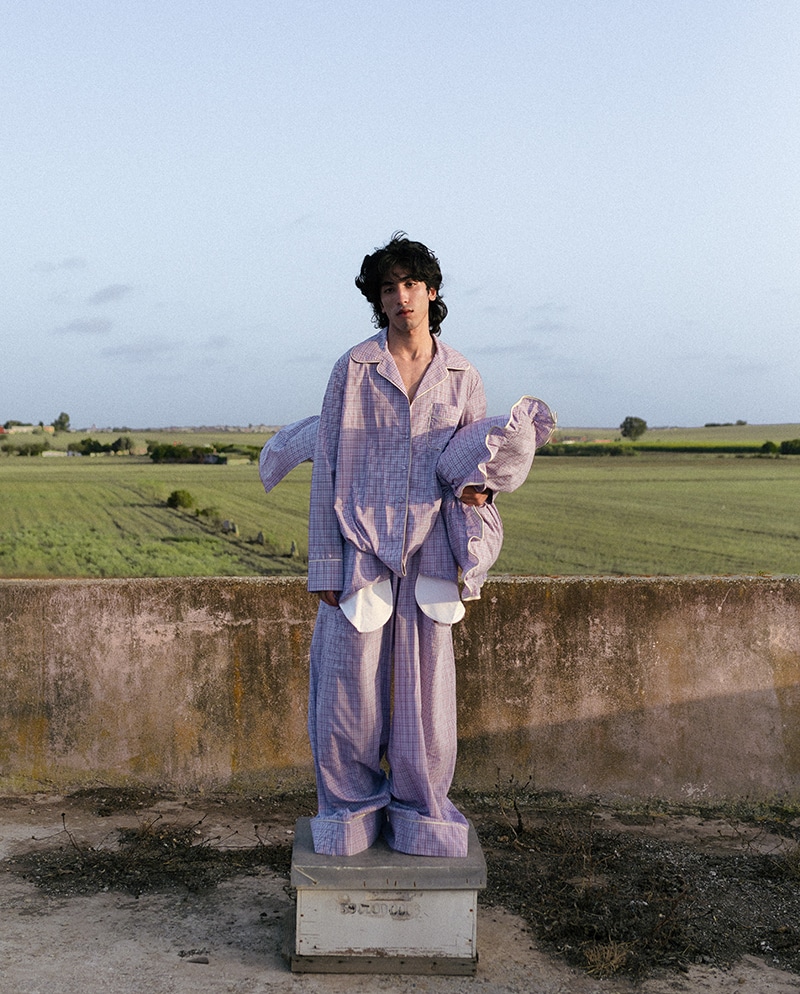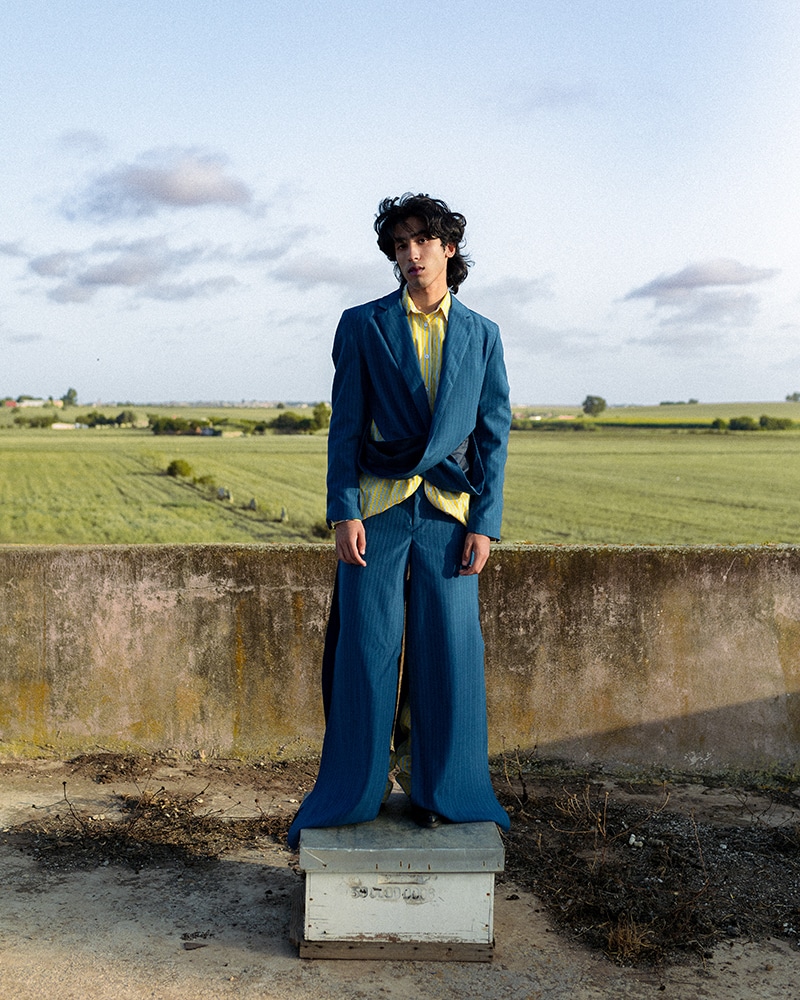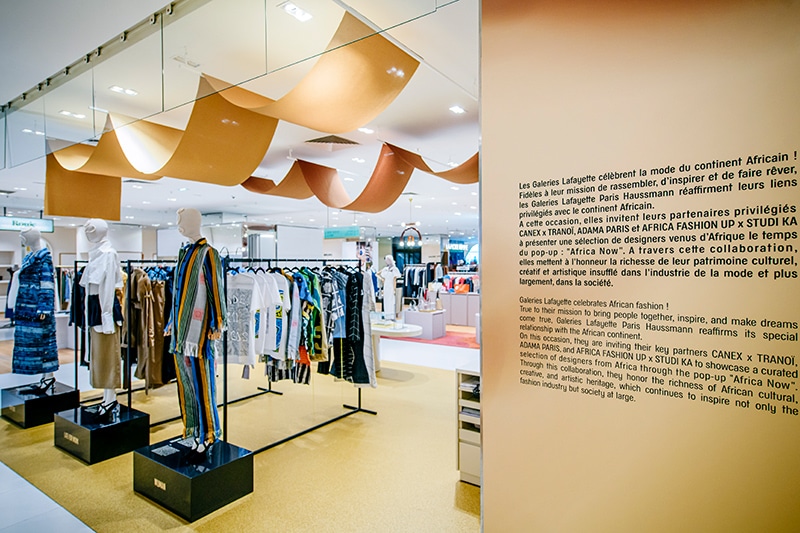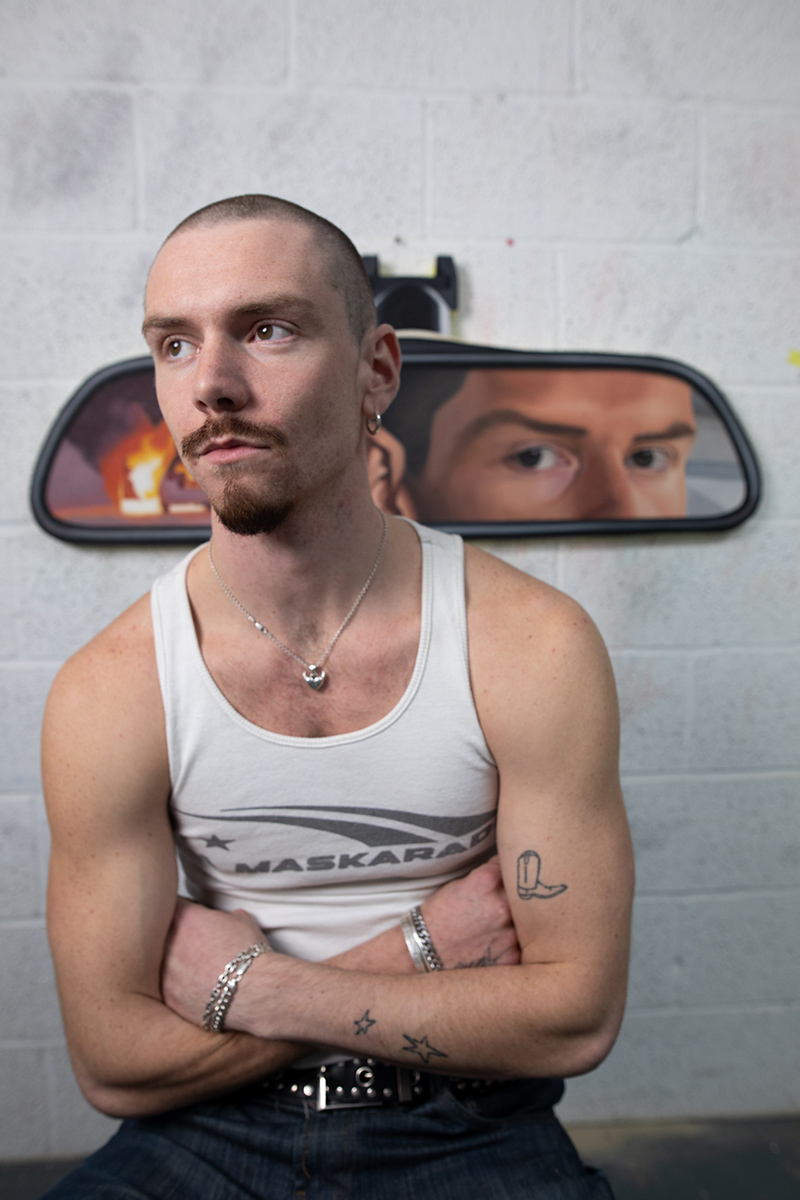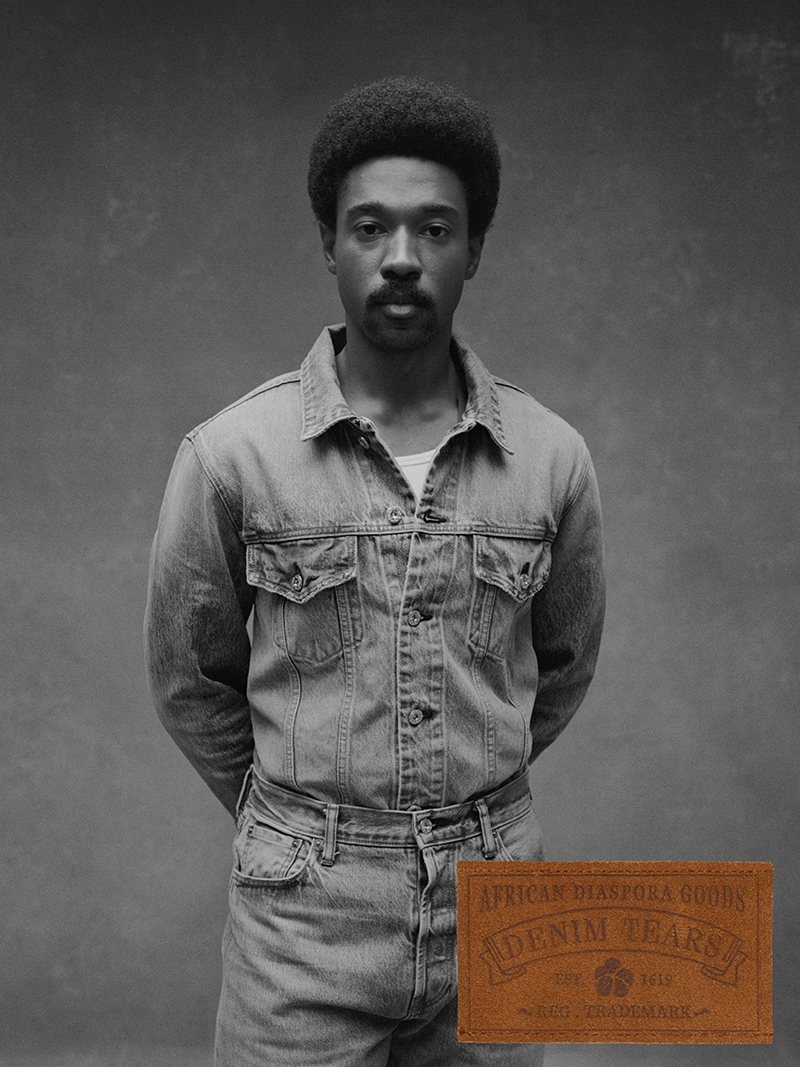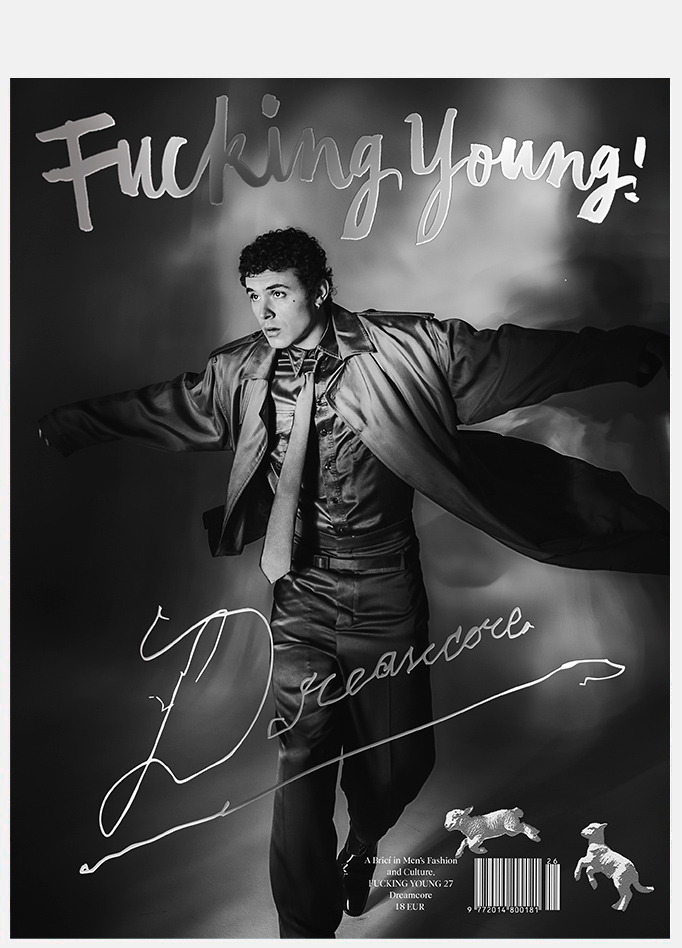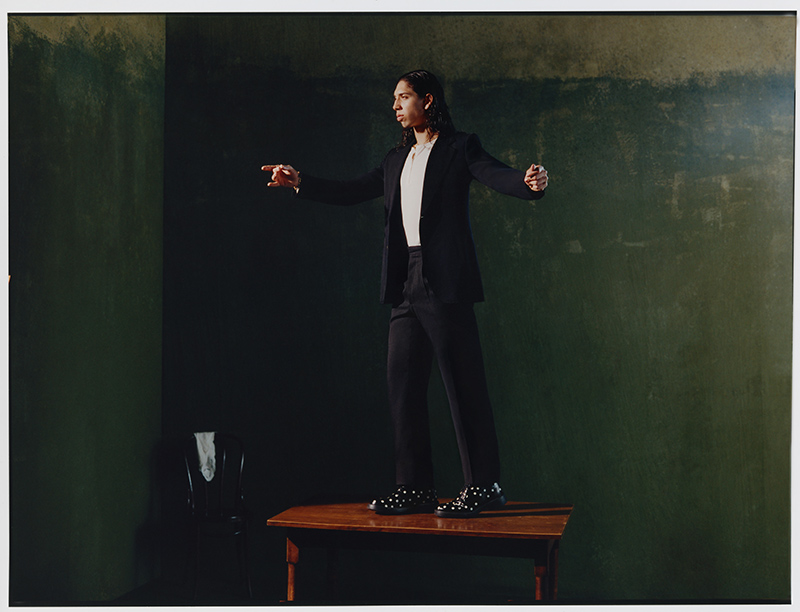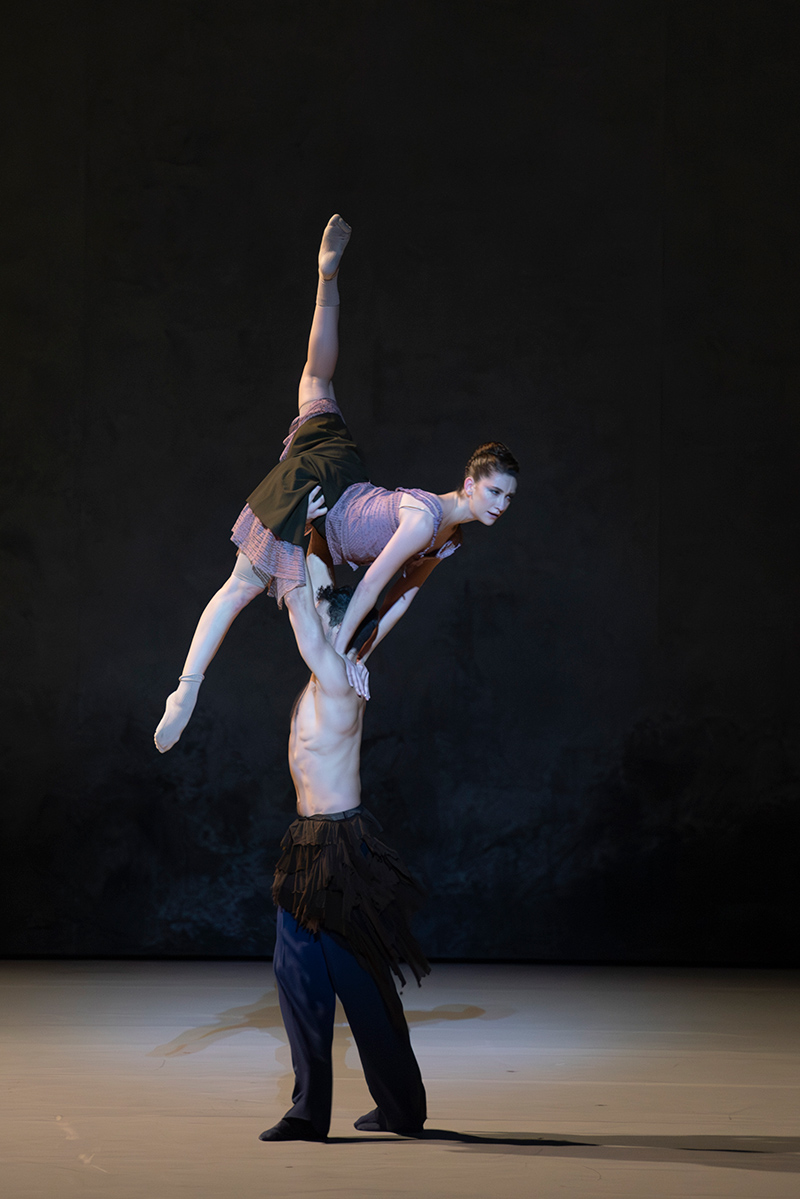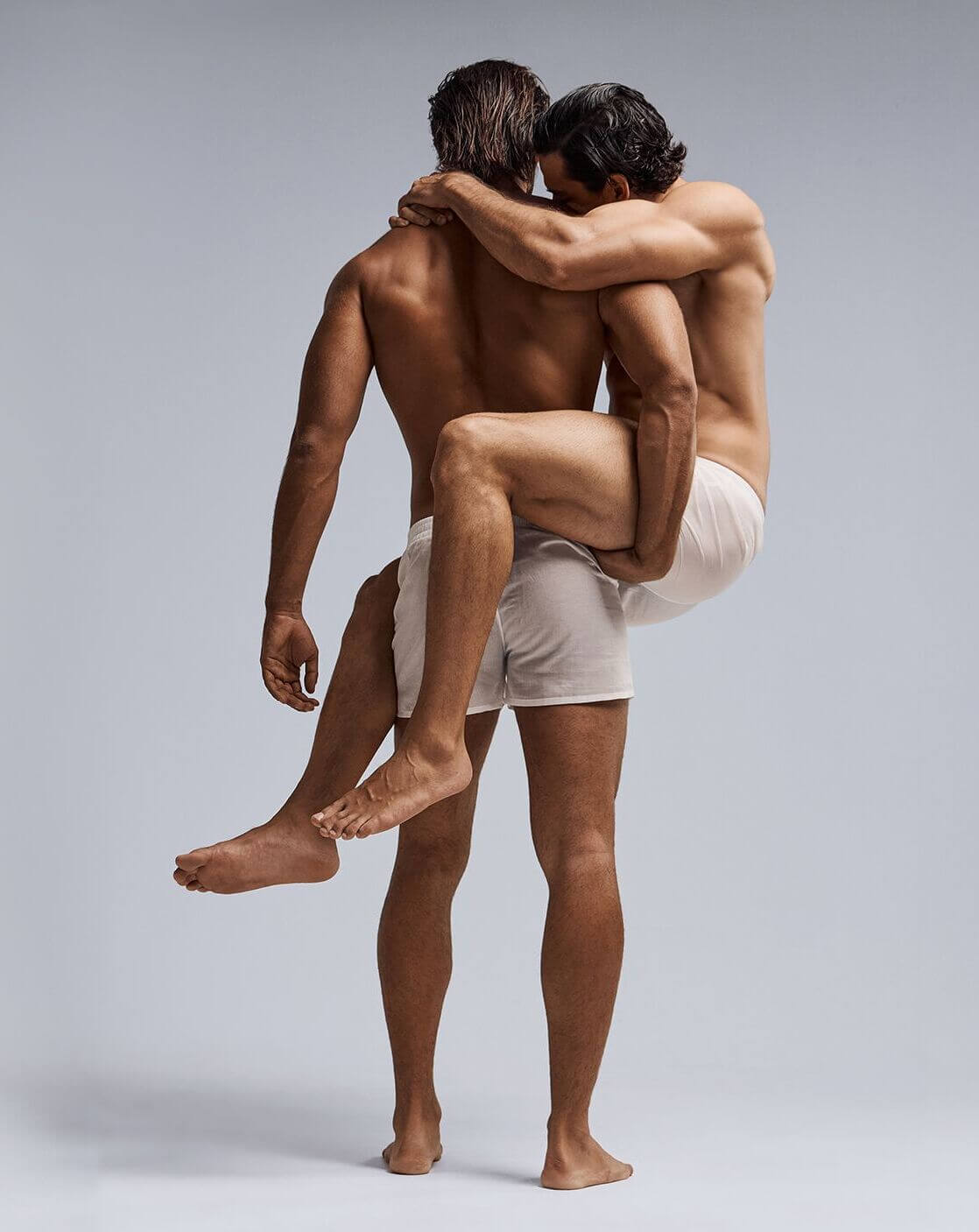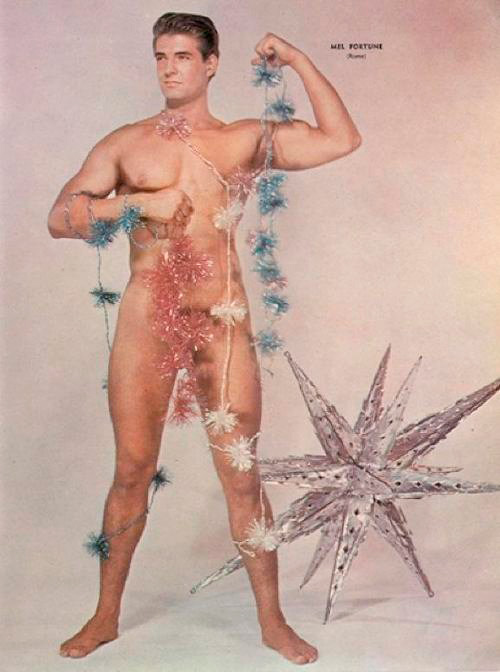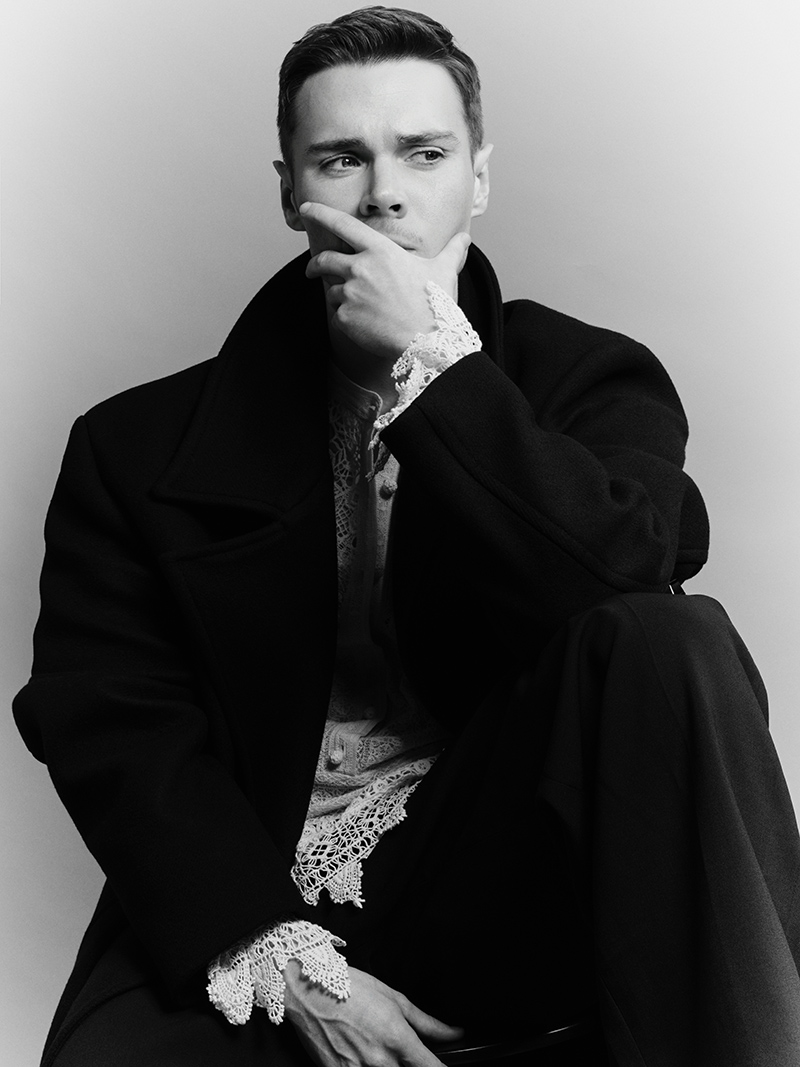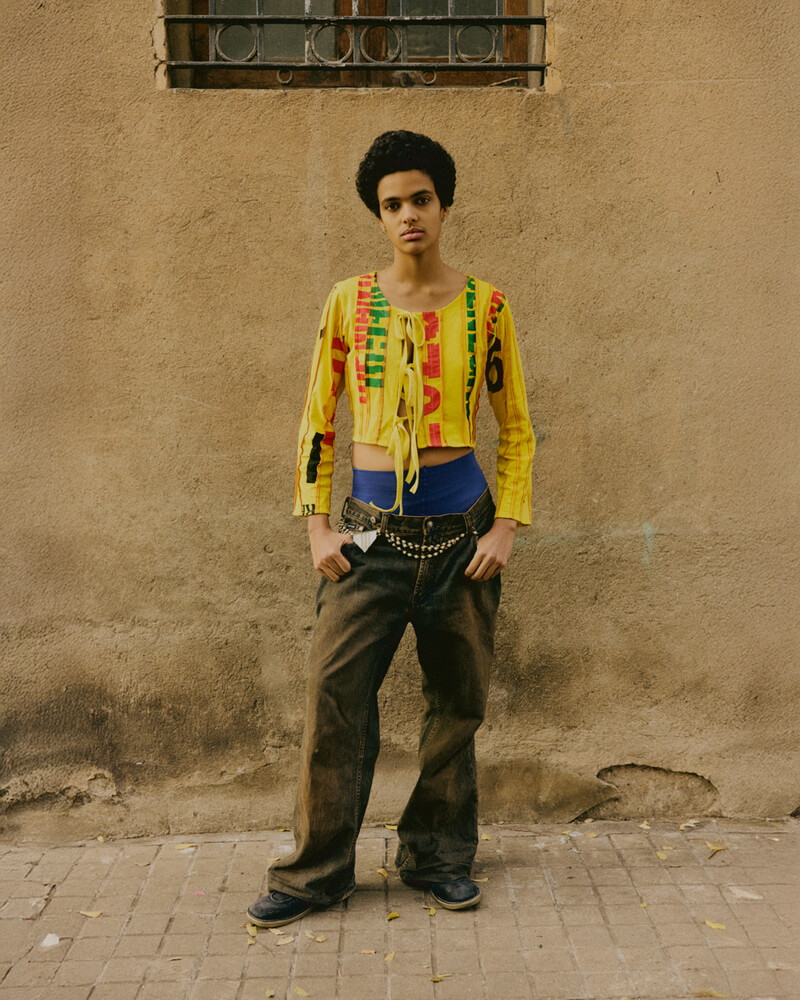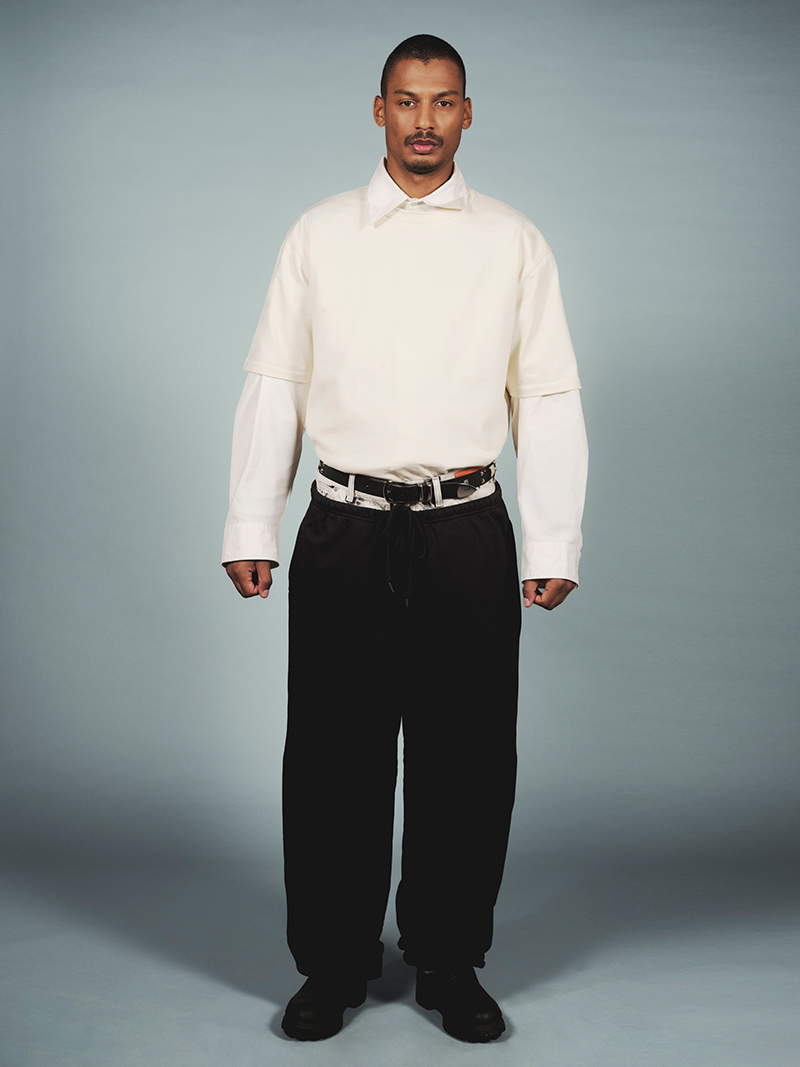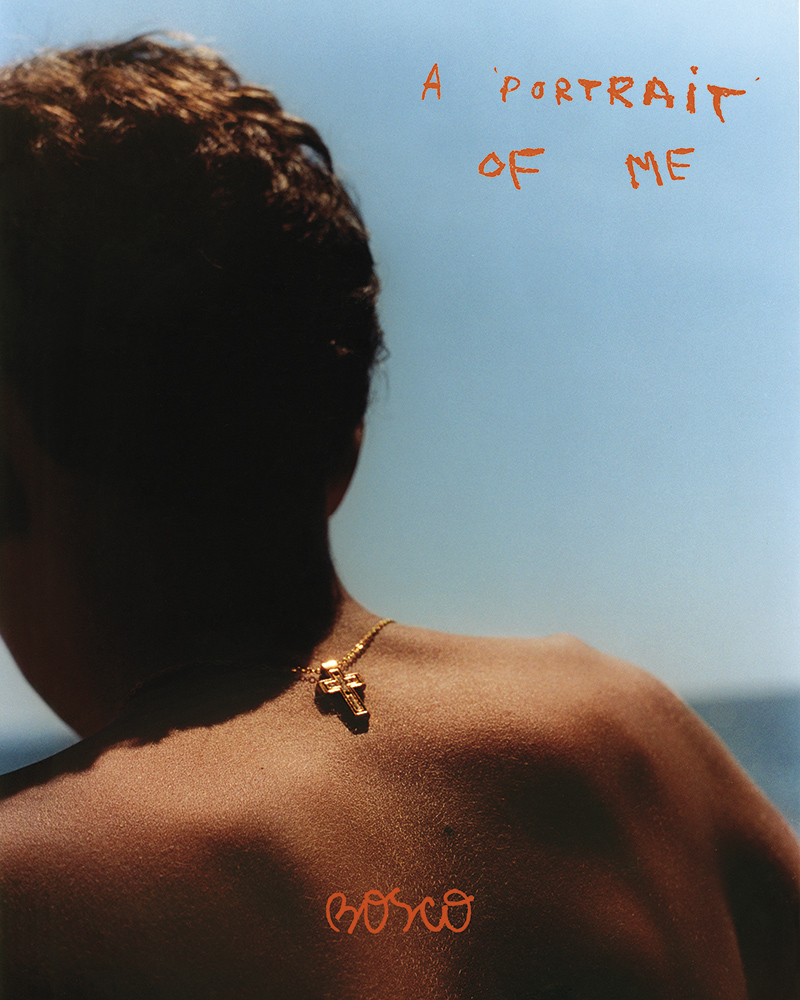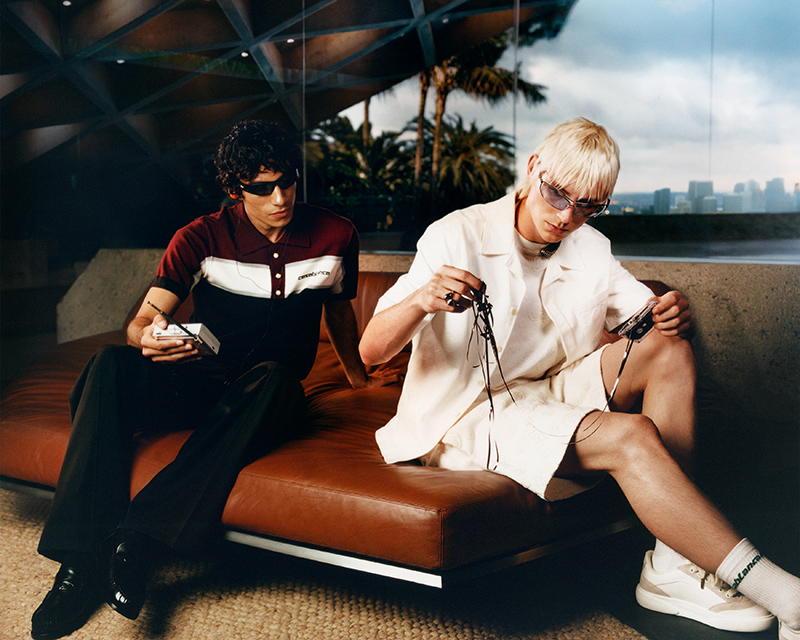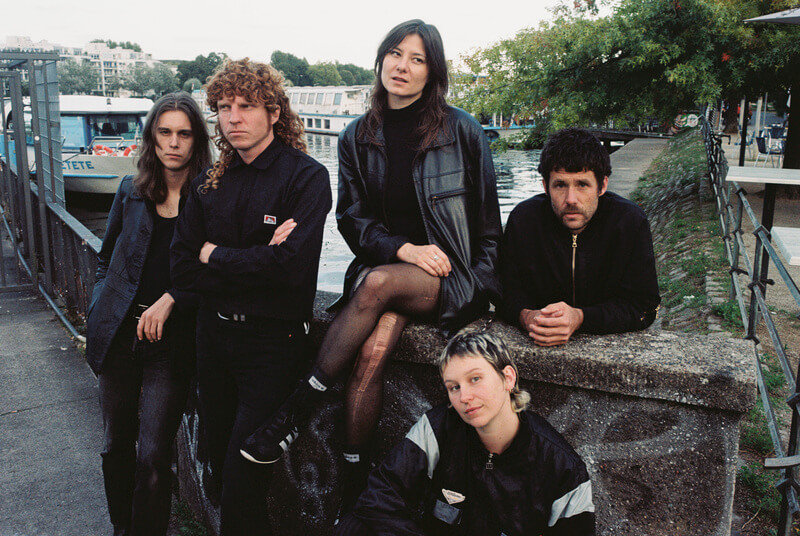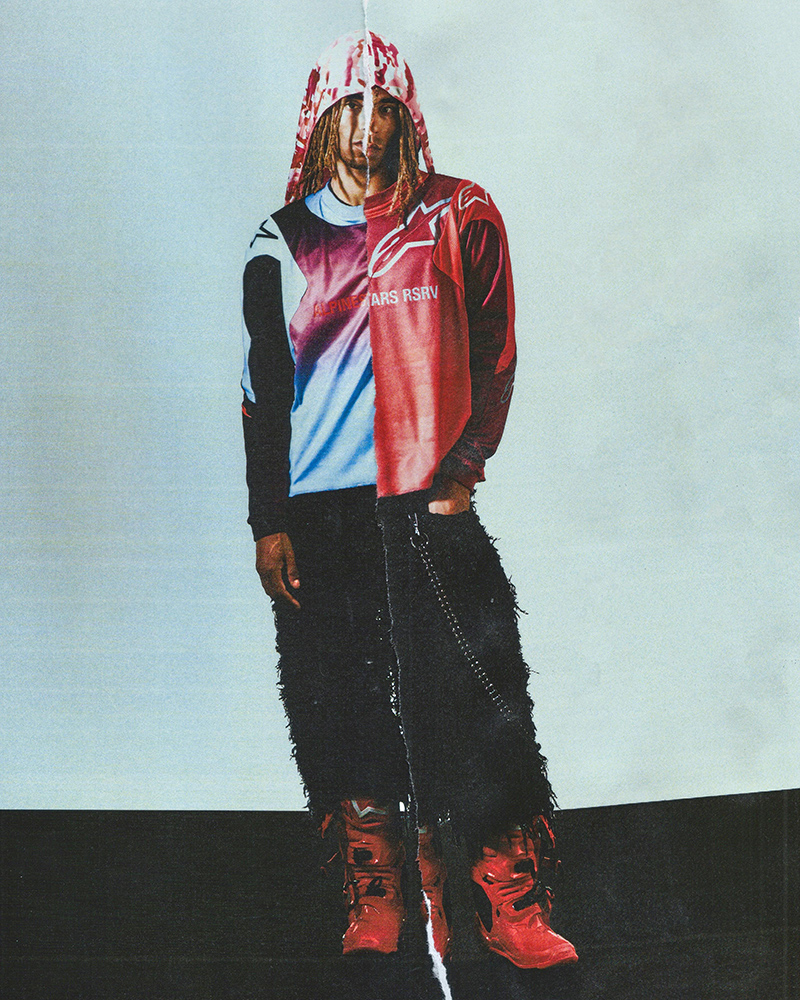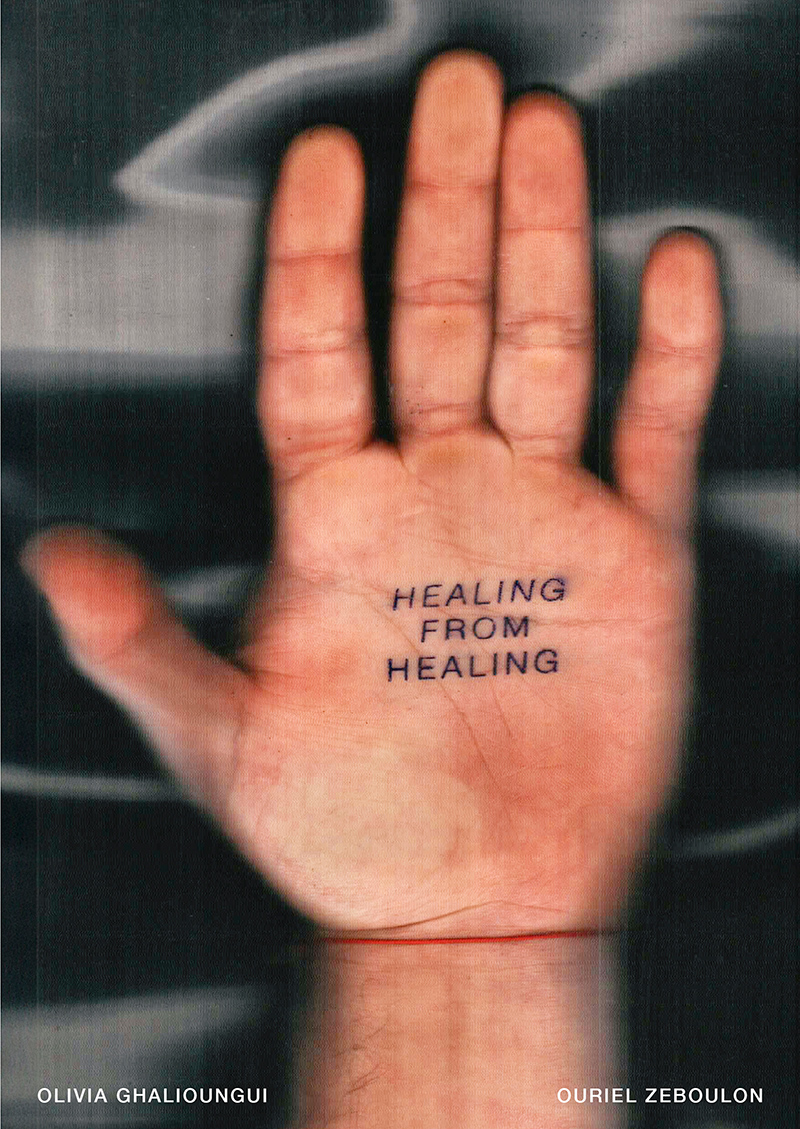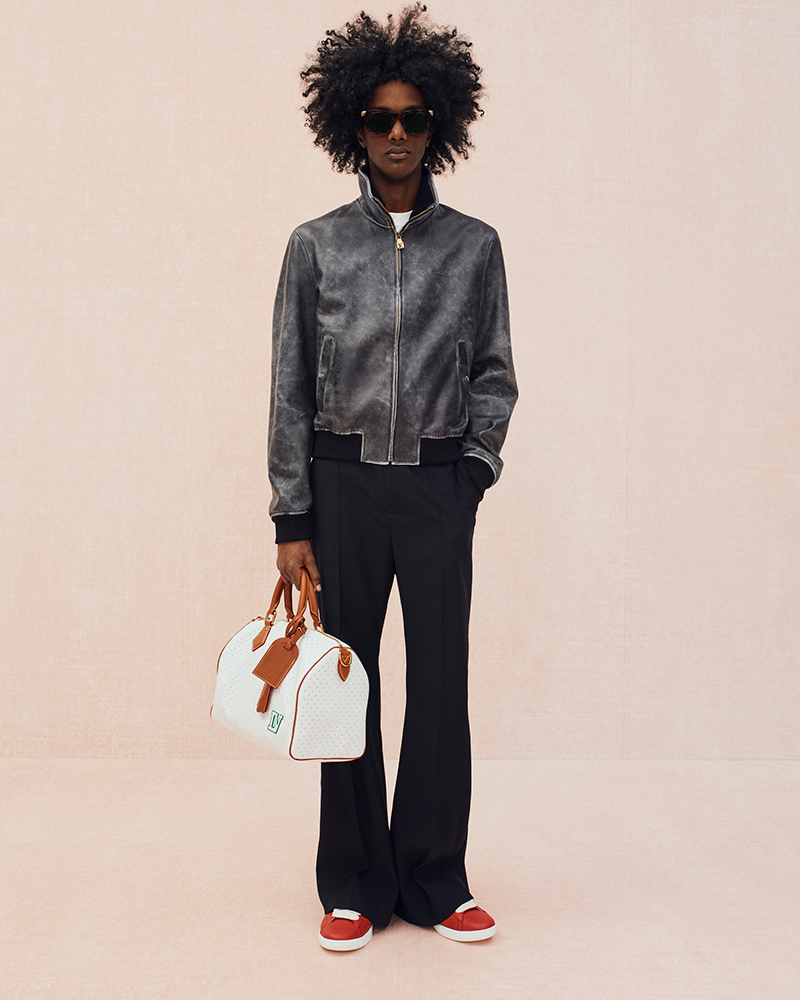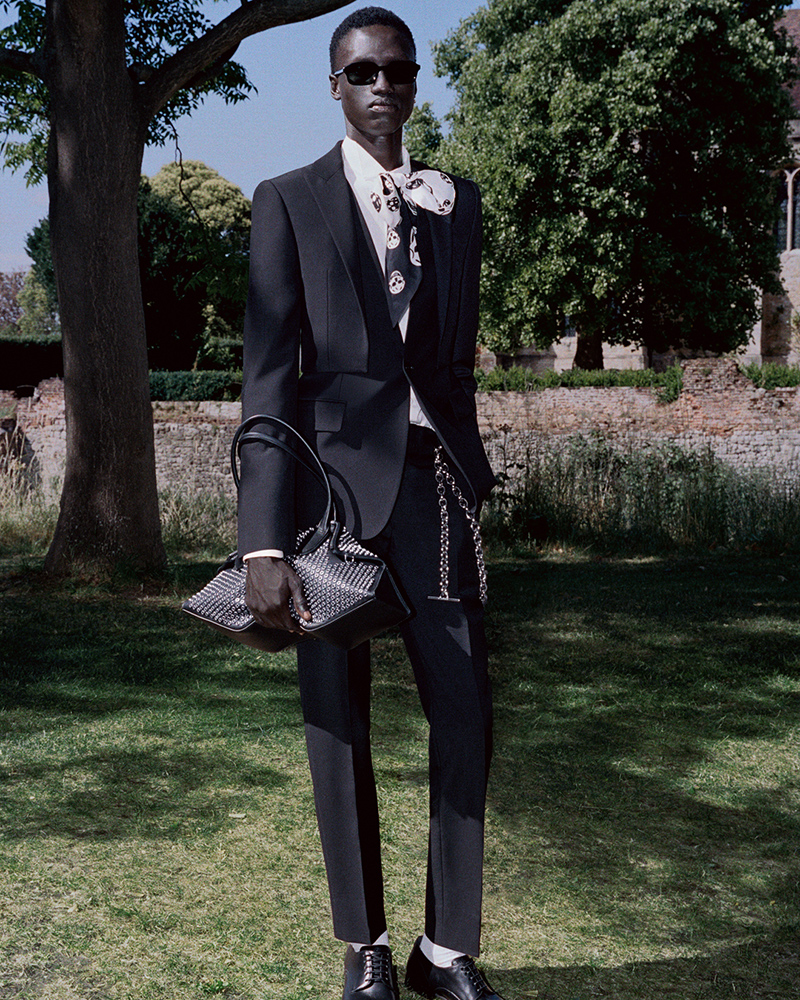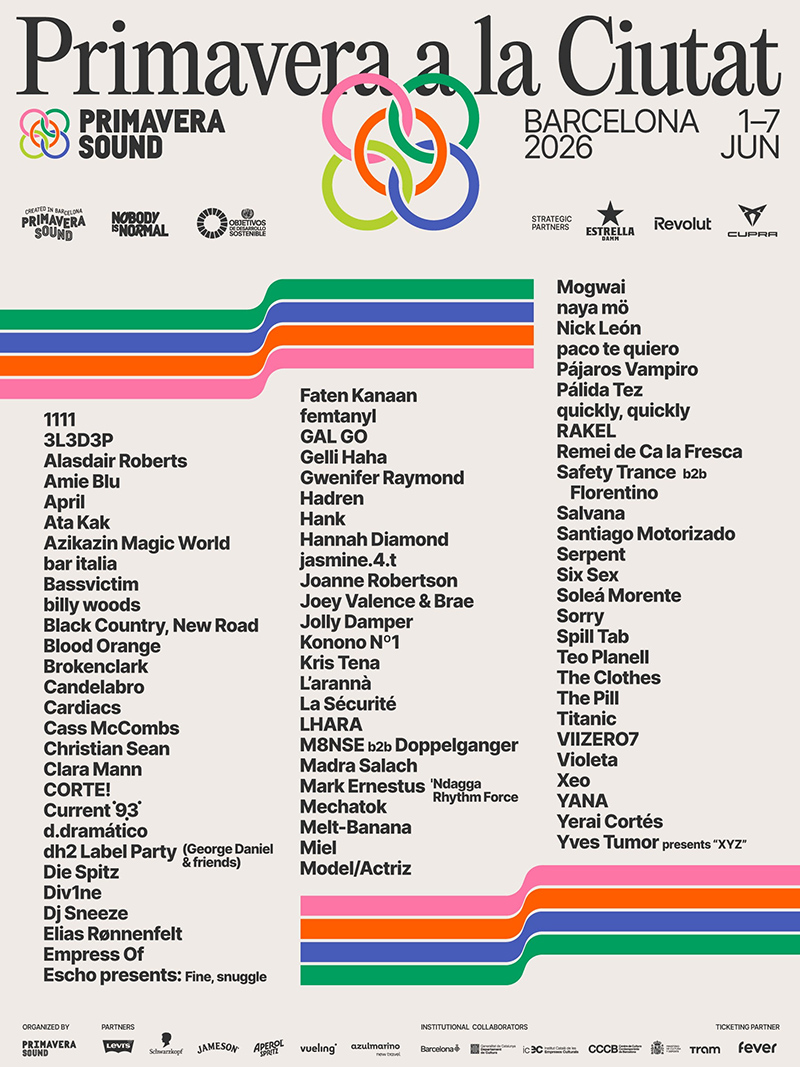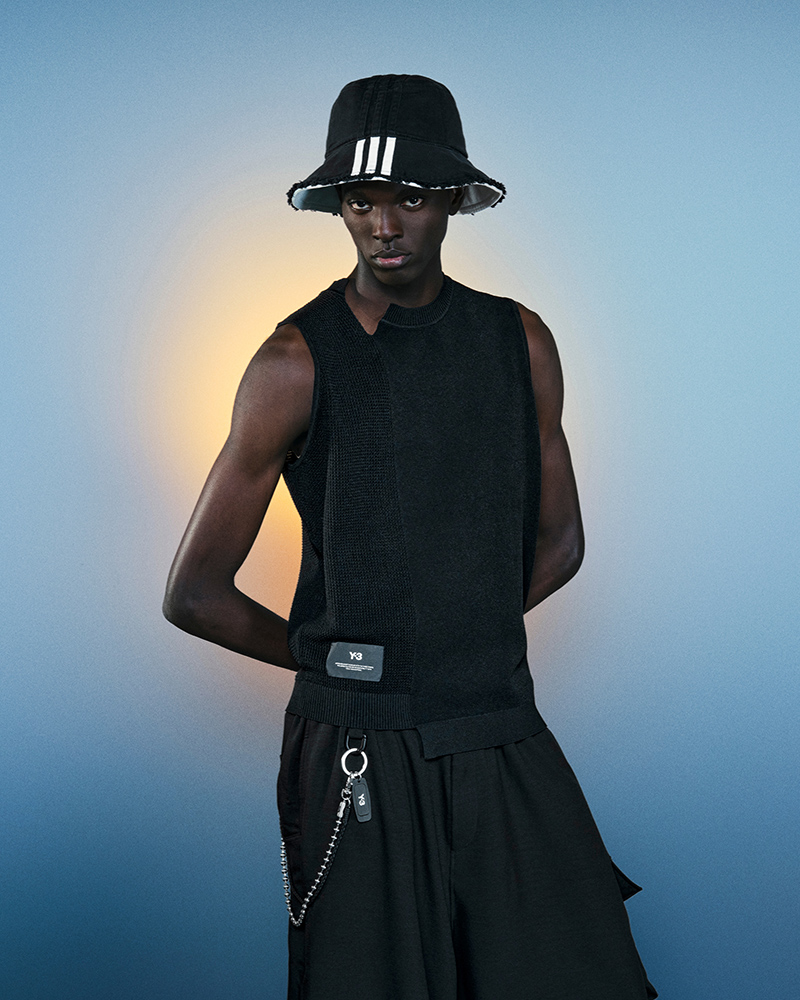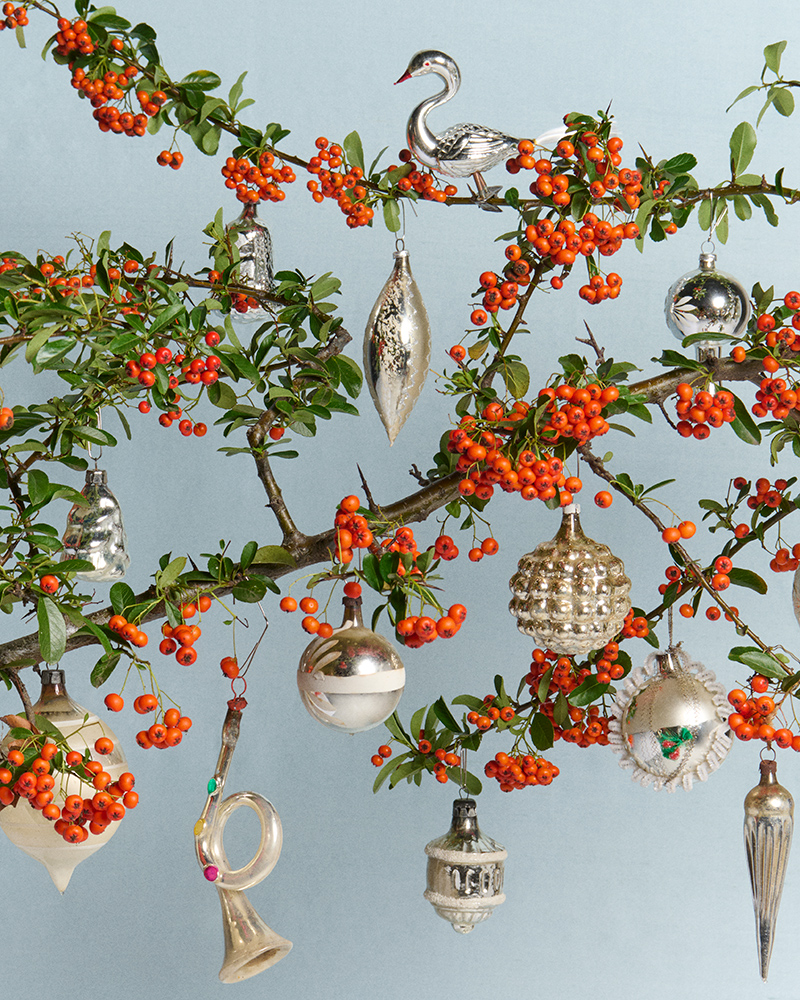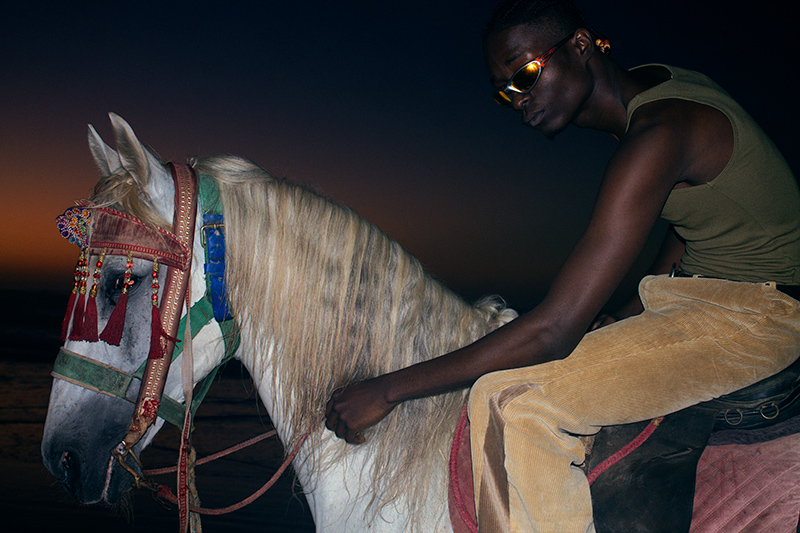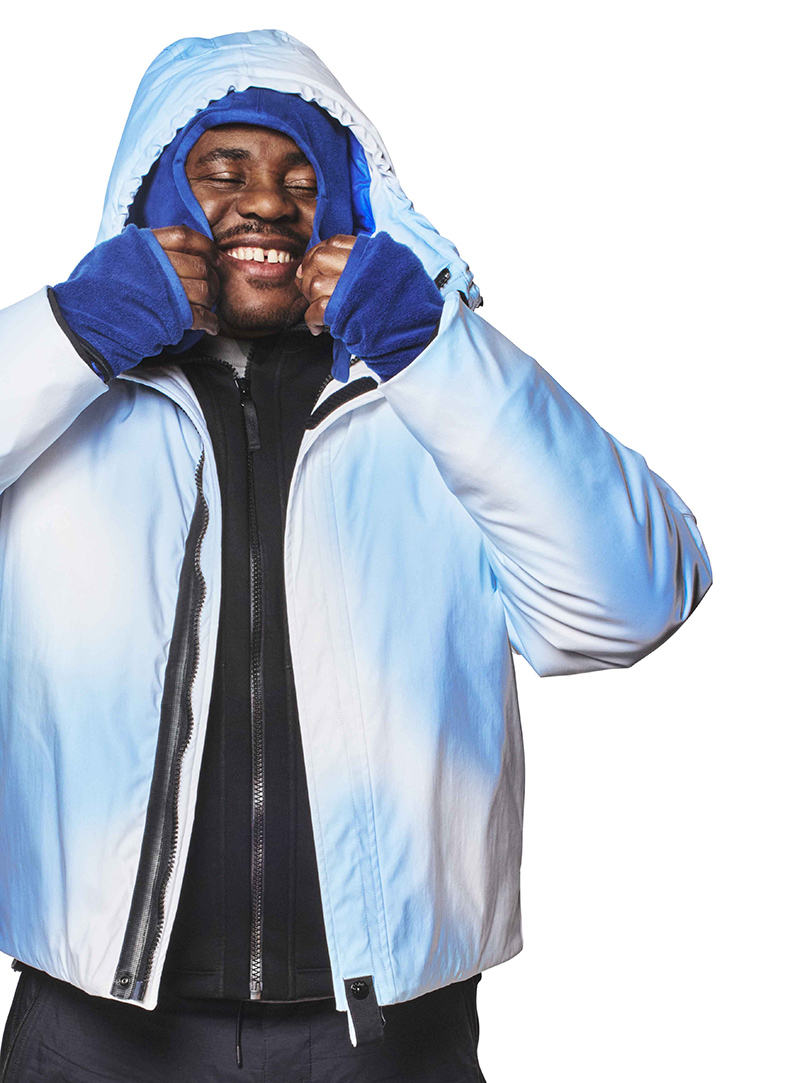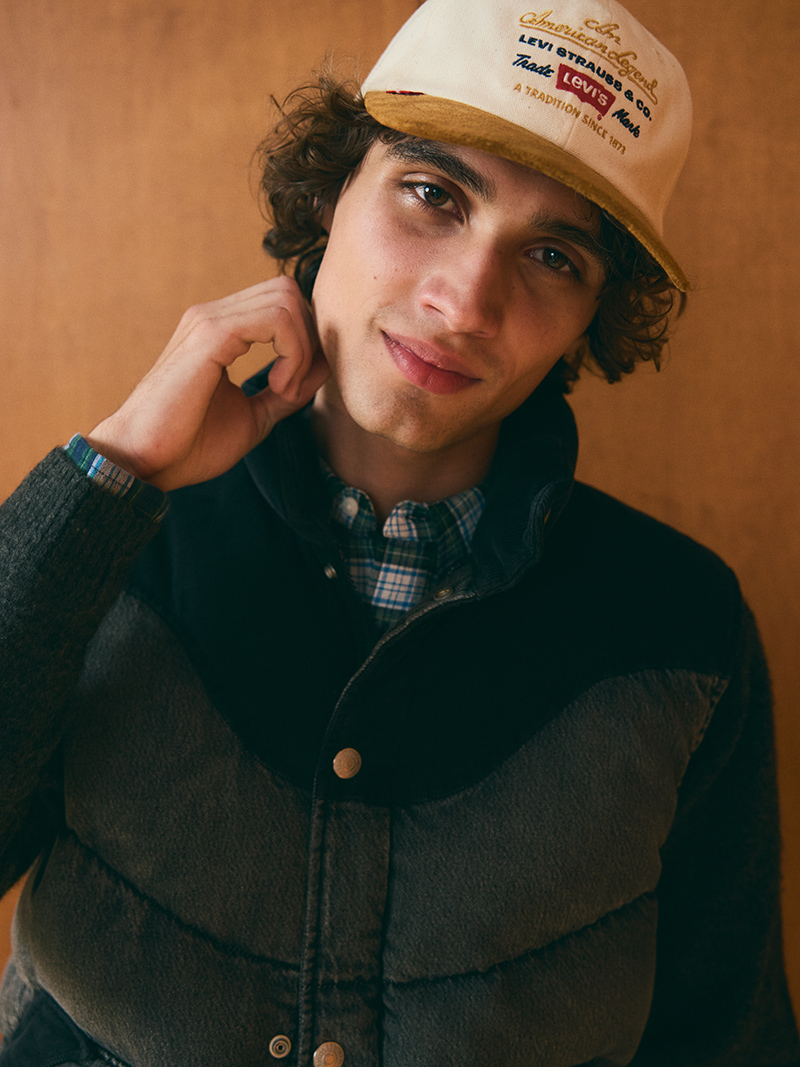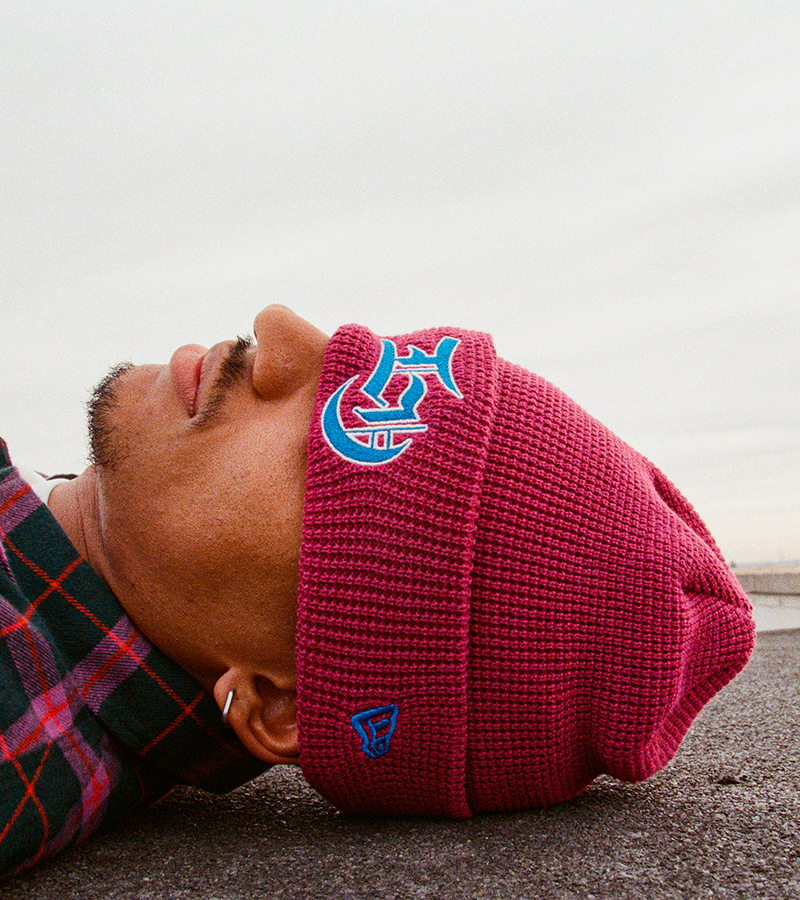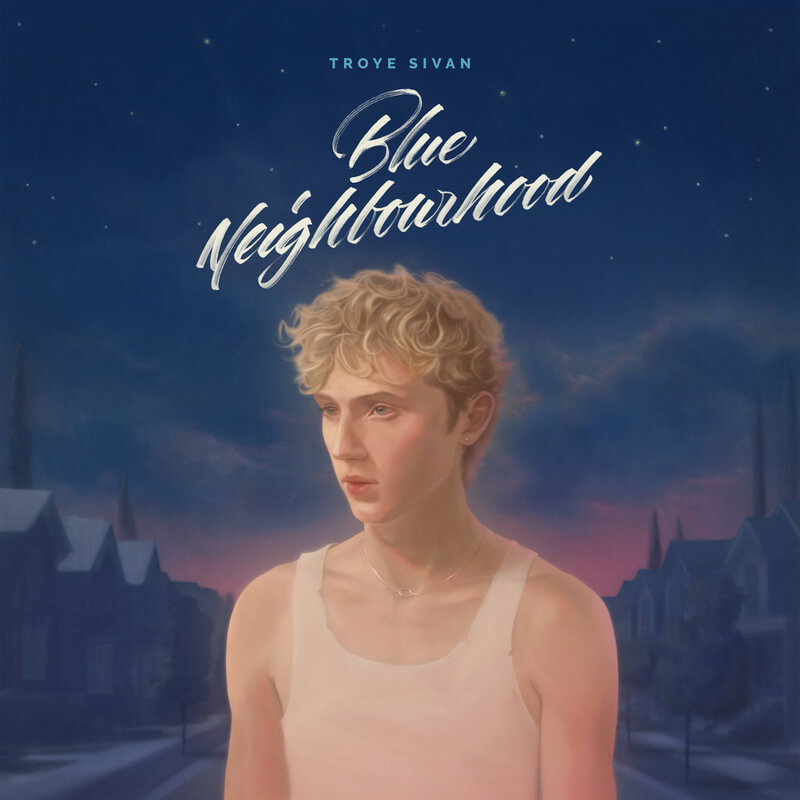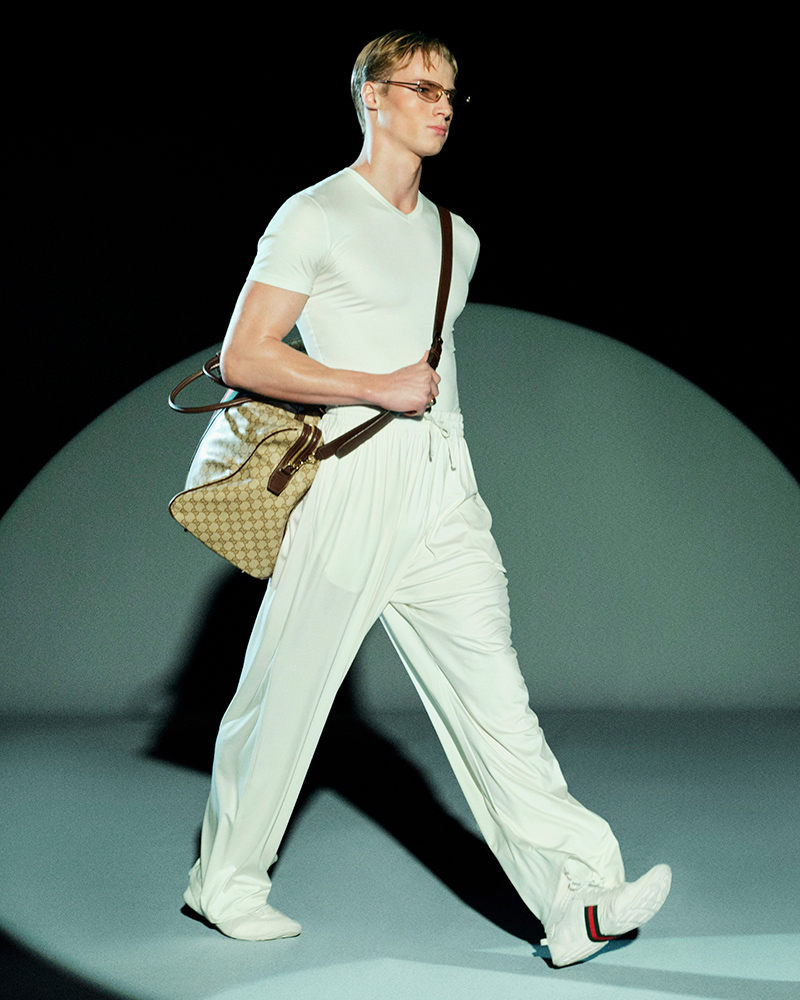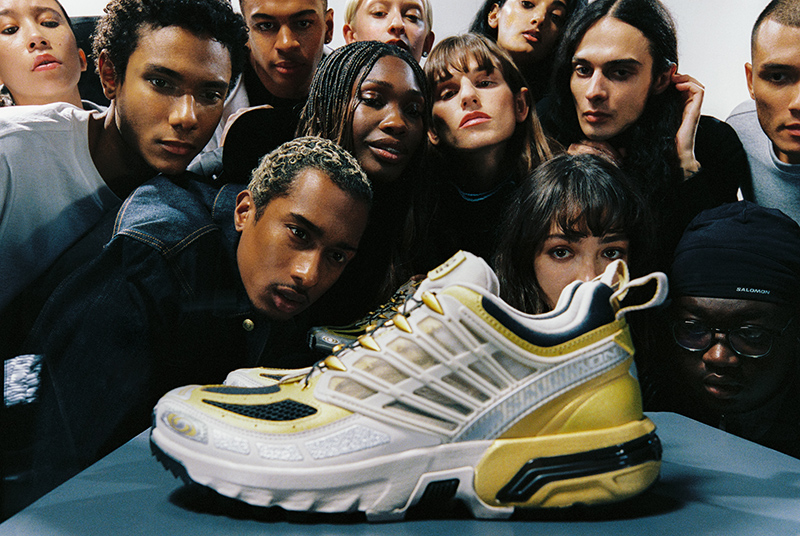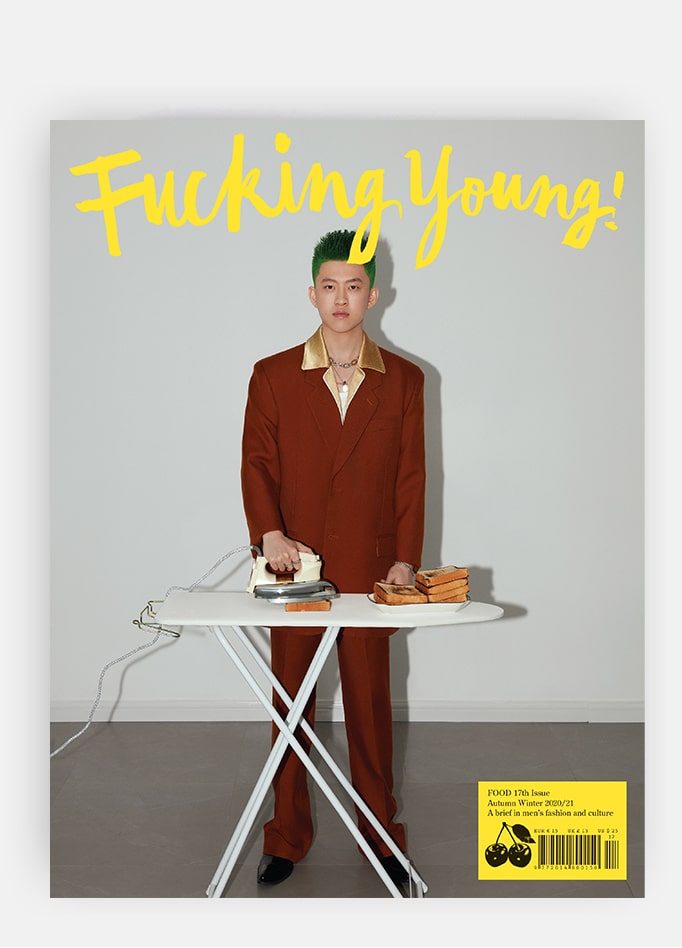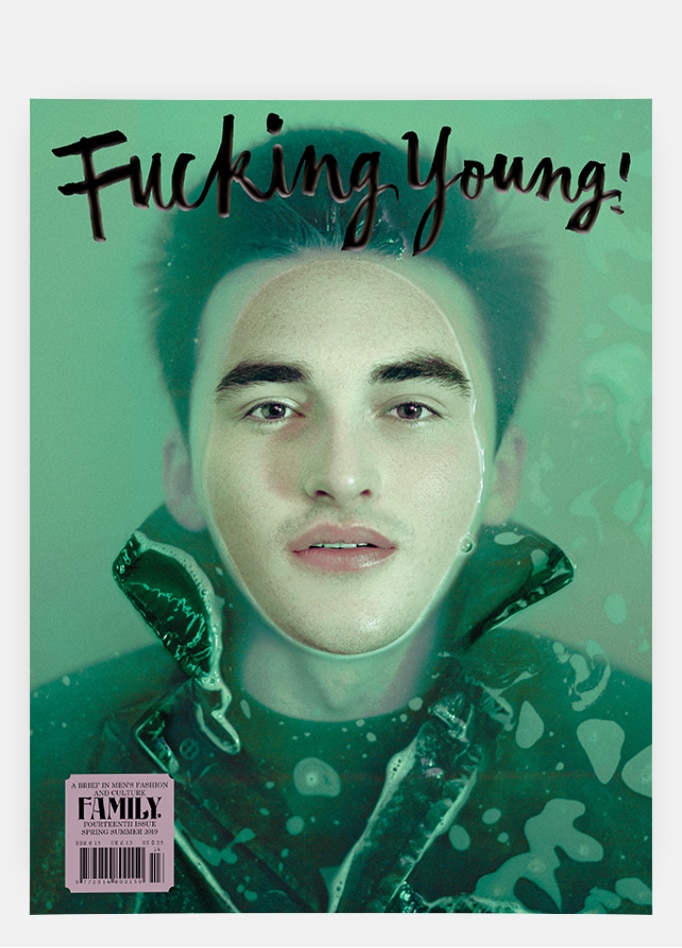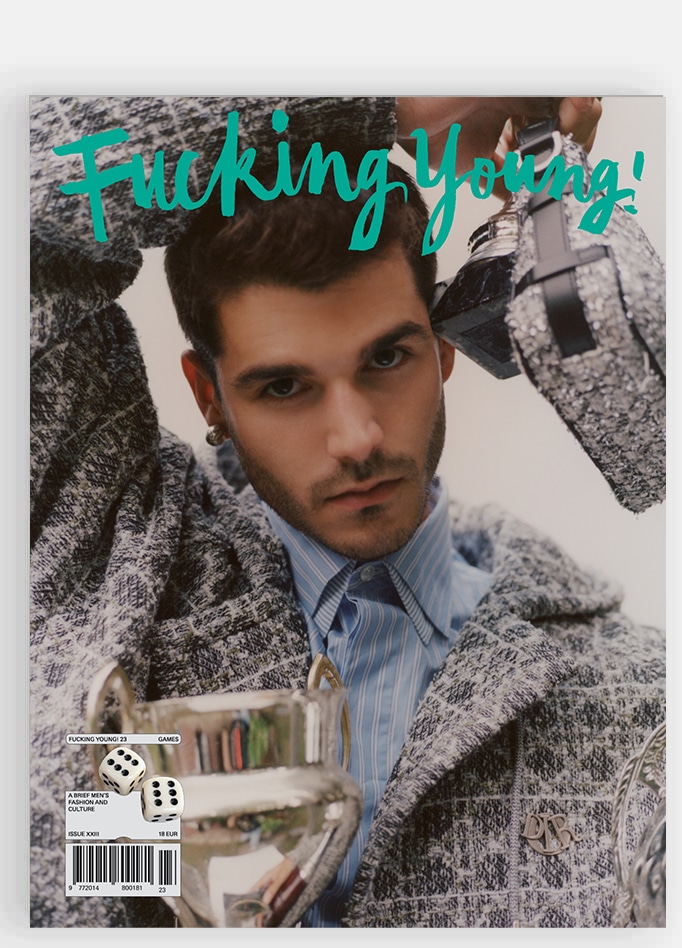Last week, CANEX Presents Africa x Tranoï opened their exclusive pop-up honoring the diversity and depth of African fashion at the Galeries Lafayette in Paris, running until July 8th. This is a big step forward by making African designers more visible globally outside of the showrooms and runways. The CANEX pop-up features four up-and-coming African designers—BOYEDOE (LVMH Prize semi-finalist), WUMAN, WE ARE NBO, and LATE FOR WORK. The CANEX platform has mentored in creative industries, and the initiative has so far helped 70 designers from 25 African nations and the diaspora. We spoke with Youssef Drissi, the designer behind LATE FOR WORK. He has previously shown at Dubai Fashion Week and at Tranoï in Paris. Alongside other African designers, they are ready to redefine norms.
Sustainability, including upcycling and ethical craftsmanship, is part of your label’s DNA. Where did you learn your craft, and what inspired you to start your label?
I come from a place where nothing gets wasted; Morocco teaches you that early on. I learned the basics during my years in fashion school, through the development of my collections, making mistakes, and experimenting. My creative process is rooted in deconstruction, breaking garments down, reshaping them, and rebuilding them with intention. I often start by deconstructing existing clothes, then reinterpret the pieces, remake the patterns, and elevate them into something with premium quality and design integrity. LATE FOR WORK was born from that spirit, from contradiction, from delay, from the tension between freedom and structure. It became a way to claim space — as a North African, as someone queer, as someone who didn’t see themselves reflected in the industry. It’s not just a label, it’s a language.
Would you ever want to design for a big Paris house?
It would honestly be a dream, but I also feel I still need to grow, go deeper into my work, and develop more collections through LATE FOR WORK. This label is where I’m building my voice, and I think I still have a lot to say through it before stepping into a bigger structure. If one day there’s an opportunity — and if I can bring my textures, my references, my story with me, then yes, why not? But only if it allows me to stay true to where I come from.
Why do you think people want a return to meaning in their clothes?
We’re tired of being sold things that say nothing. People are looking for pieces that speak to their soul, something they can truly connect to. Clothes that reflect their personality, their contradictions, their complexity. It’s not just about wearing something cool anymore, it’s about wearing something that says: this is who I am. We’ve been oversaturated with surfaces now we crave depth, emotion, and honesty in what we wear.
Does pop culture play a role in your work?
Yes, definitely. I’m constantly inspired by the people around me, my friends, Casablanca’s underground scene, the queer Moroccan community, the streets. I grew up surrounded by contradiction, and that tension really shaped how I see things, and that mix of chaos, beauty, and resistance, I don’t just reference pop culture. It’s part of my everyday life, and that energy naturally flows into my work.
What is the most exciting textile you have worked with?
I think the most exciting ones are always the unexpected ones, like Casablancas football towels or those kitsch kitchen sheets you find in Moroccan homes, full of pop culture references. But to be honest, I see myself more as a designer of shape and cut than of textiles. I love taking something ordinary and giving it a new structure, a new language through construction.
What is your vision of luxury today? And how would you like African creatives to be a part of it?
Luxury today is freedom: to take your time, to work with your hands, to tell your own story. I want African creatives not just ‘included,’ but leading, shaping new definitions of value, time, and beauty that come not from a single source, but from a rich blend of backgrounds and cultures.
Do you think together with CANEX Presents Africa, you can make an impactful statement against fast fashion?
Yes, absolutely. The power of collaboration within the African creative community lies in our ability to challenge and redefine norms. At LATE FOR WORK, we embrace deconstruction and reconstruction as tools for identity expression, sustainability, and individuality. By working with other African creatives, we can highlight the richness of our cultures and reshape the narrative around value, encouraging slow fashion that celebrates authenticity and creativity over mass production.
And finally, what mark would you like to leave in the industry?
At Late For Work, we’re about more than just clothes we want to create fashion that challenges conventions and tells a unique story. We celebrate imperfection, gender fluidity, and cultural diversity, and aim to inspire others to use fashion as a form of self-expression and creativity.
